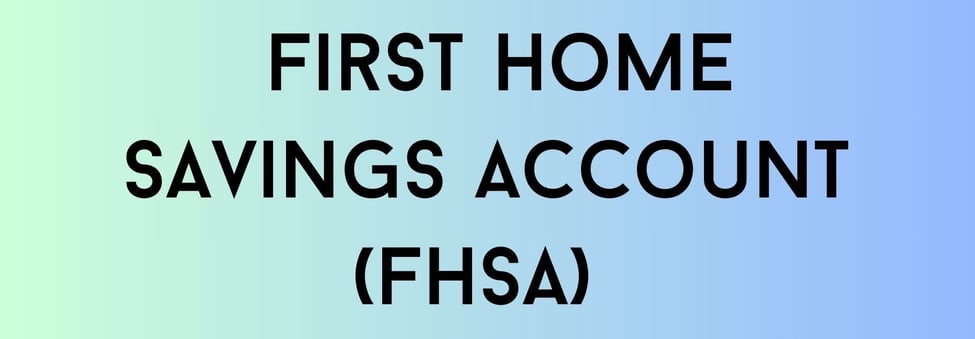Unlocking Homeownership: The Tax-Free First Home Savings Account (FHSA)
In a move aimed at helping Canadians achieve their homeownership dreams, the 2022 Federal Budget introduced the Tax-Free First Home Savings Account (FHSA). This registered savings plan, anticipated to be available after April 1, 2023, offers a unique avenue for prospective first-time homebuyers to save for a down payment on a tax-free basis.
What is an FHSA?
The FHSA operates as a registered account, allowing contributors to save for their first home in a tax-efficient manner. Similar to an RRSP, contributions are tax-deductible, while withdrawals for a first home purchase are non-taxable, akin to a TFSA. Here are some key features:
Annual Contribution Limit: Individuals can contribute up to $8,000 annually, with a lifetime maximum of $40,000.
Eligibility: To open an FHSA, individuals must be Canadian residents, at least 18 years old, and first-time homebuyers. The latter is defined as not owning a home in the year of opening the FHSA or the preceding four calendar years.
FHSA Contribution Limits and Rules
Claiming Contributions: Similar to an RRSP, annual FHSA contributions can be claimed as an income tax deduction for the year in which they are made.
Unused Contribution Room: Unused contribution room can carry forward to the following year, up to a maximum of $8,000.
Overcontributions: Like TFSAs and RRSPs, overcontributions to an FHSA incur a 1% tax for each month exceeding the limit.
FHSA Withdrawal Rules
Qualifying Withdrawal: Withdrawals for a home purchase are non-taxable under specific conditions, including being a first-time homebuyer, a Canadian resident, and having a written agreement to buy or build a qualifying home.
Closure Requirement: After a non-taxable withdrawal, the FHSA must be closed within a year, and eligibility for opening a new FHSA is forfeited.
Unused FHSA Funds
Utilization Deadline: FHSA funds must be used for a first home purchase within 15 years of plan opening or by the end of the year in which the account holder turns 71.
Transfer or Withdrawal: Unused funds can be transferred to an RRSP or RRIF without affecting contribution room, or simply withdrawn, subject to withholding tax and inclusion in income.
FHSA vs. Home Buyers' Plan (HBP)
While the HBP allows tax-free withdrawals from RRSPs for home purchases, funds must be repaid. The FHSA, however, doesn't require repayment.
As of now, both the FHSA and HBP options are available, providing flexibility for first-time homebuyers.
The FHSA represents a promising opportunity for aspiring homeowners, offering tax advantages without the obligation to repay withdrawn funds. As the Canadian government finalizes details, stay tuned for updates on this exciting initiative that could pave the way to homeownership in 2024 and beyond.
For more details and the latest updates, don't miss our upcoming "First-Time Home Buyers Seminar" on December 13, 2023, from 6:45 - 8 PM PST, LIVE on Zoom. https://qrco.de/beZgw6.
#FHSA #HomeownershipDreams #RealEstate #FirstTimeHomeBuyers #VancouverRealEstate


